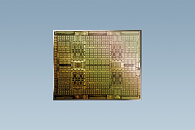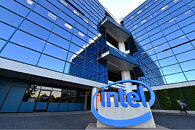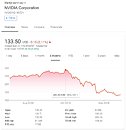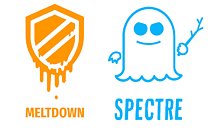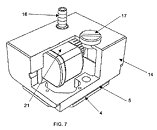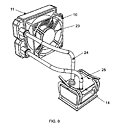
Phanteks Puts Out First Response to Patent Infringement Lawsuit by Lian Li
Phanteks put out its first statement in response to reports about Lian Li filing a patent infringement lawsuit against it. Lian Li alleges that Phanteks D30 RGB line of compound fans for radiators infringe upon a design patent held by the company, and that Lian Li Uni Fan series implement the original design defined in the patent. In particular, the controversy is around the design of the mechanism that lets you daisy-chain individual fans without cables. In its defense, Phanteks says that during the development of the D30 RGB series, its lawyers were duly consulted to look for IP conflicts. The company stated that it will face the legal challenge and is confident to prove that its product is not in infringement of Lian Li IP. The statement by Phanteks follows.
We at Phanteks can confirm the filing of the patent infringement suit filed by a fellow PC enthusiast brand. We want to inform the community that our legal team is and has always properly handled any legal issue or communication that has arose.
From the start of the Phanteks D30 fan development, we set out to design an original product that innovates to provide new solutions to PC enthusiasts. We have consulted with patent lawyers during the development and prior to the announcement of the D30 fans and the fans were not found to infringe on the claims in the patent. Phanteks D30 fans are an original idea and have been issued patents in multiple countries to date.
We value and respect valid and enforceable IP rights and are confident that the result of this legal matter will confirm there is no infringement. We will continue our mission to serve the PC community by creating unique and innovative solutions.














